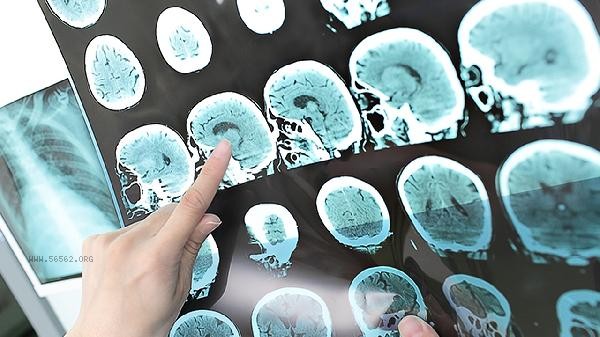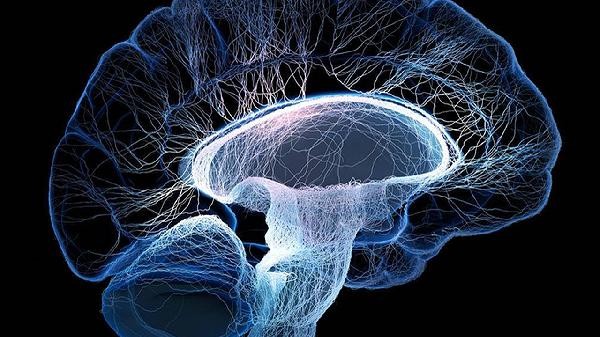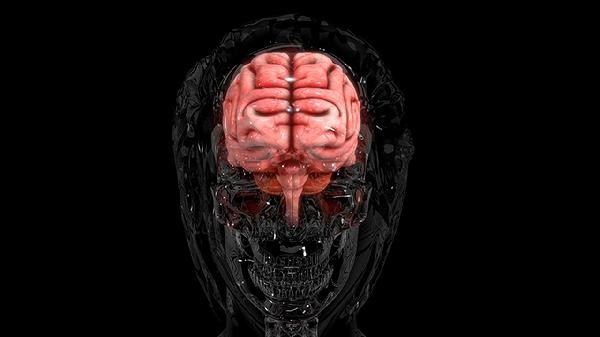The brain's constant distraction may be related to factors such as attention deficit, lack of sleep, psychological stress, nutritional imbalance, and neurological abnormalities.

1. Attention Deficit Hyperactivity Disorder
Attention Deficit Hyperactivity Disorder (ADHD) is a common cause of frequent distraction, where patients find it difficult to maintain sustained focus on the current task and are susceptible to external interference. This type of situation may be accompanied by hyperactivity or impulsive behavior, which can occur in both children and adults. Daily improvement can be achieved through time management training, environmental adjustments, and other methods. In severe cases, professional psychological intervention may be necessary.
2. Lack of sleep
Long term poor sleep quality or insufficient sleep time can significantly reduce the function of the prefrontal cortex, which is responsible for attention regulation. Sleep deprivation can lead to delayed thinking, slow reactions, and frequent mind wandering. Maintaining a regular sleep routine and creating a quiet sleeping environment can help improve insomnia. It is recommended to monitor sleep for persistent insomnia.
3. Psychological stress
Emotional problems such as anxiety and depression can consume a large amount of psychological resources, leading to the brain escaping through distraction. Under high pressure, the human body continuously secretes stress hormones, which affect cognitive function. Mindfulness meditation and psychological counseling can effectively alleviate anxiety, and if necessary, anti anxiety medication can be used under the guidance of a doctor.

4. Nutritional imbalance
When there is a lack of vitamin B, iron, or excessive fluctuations in blood sugar, the brain may not receive enough energy and may experience attention deficit. The sudden rise and fall of blood sugar caused by a high sugar diet can exacerbate this situation. Balanced intake of whole grains, high-quality protein, and fresh vegetables and fruits, avoiding excessive dieting or overeating.
5. Neurological abnormalities
Mild brain damage, thyroid dysfunction, or early neurodegenerative changes may all manifest as attention disorders. This type of situation is often accompanied by symptoms such as memory loss and headache, and requires medical screening such as electroencephalography and blood tests. After diagnosis, targeted treatment of the primary disease is necessary. Improving distraction requires comprehensive lifestyle adjustments. It is recommended to engage in moderate aerobic exercise every day to promote blood circulation in the brain, practice mindfulness breathing to enhance concentration, limit electronic device usage time to reduce information overload. During work and study, the tomato work method is used to focus attention in segments. If there is no improvement in the long-term or accompanied by other symptoms, timely medical evaluation should be sought. Maintaining a regular daily routine and a balanced diet are crucial for maintaining normal brain function, and it is recommended to supplement foods rich in omega-3 fatty acids appropriately.








Comments (0)
Leave a Comment
No comments yet
Be the first to share your thoughts!